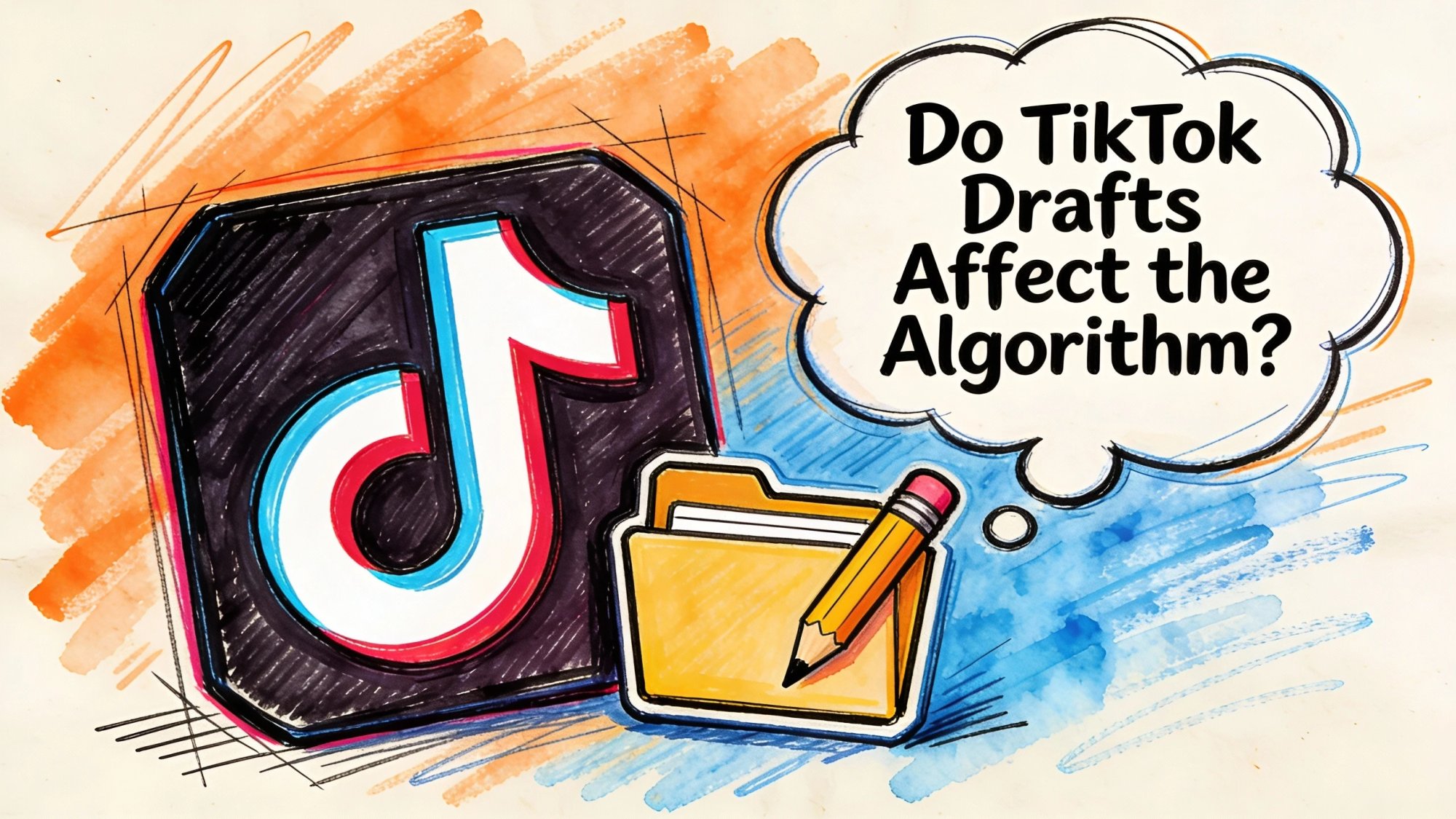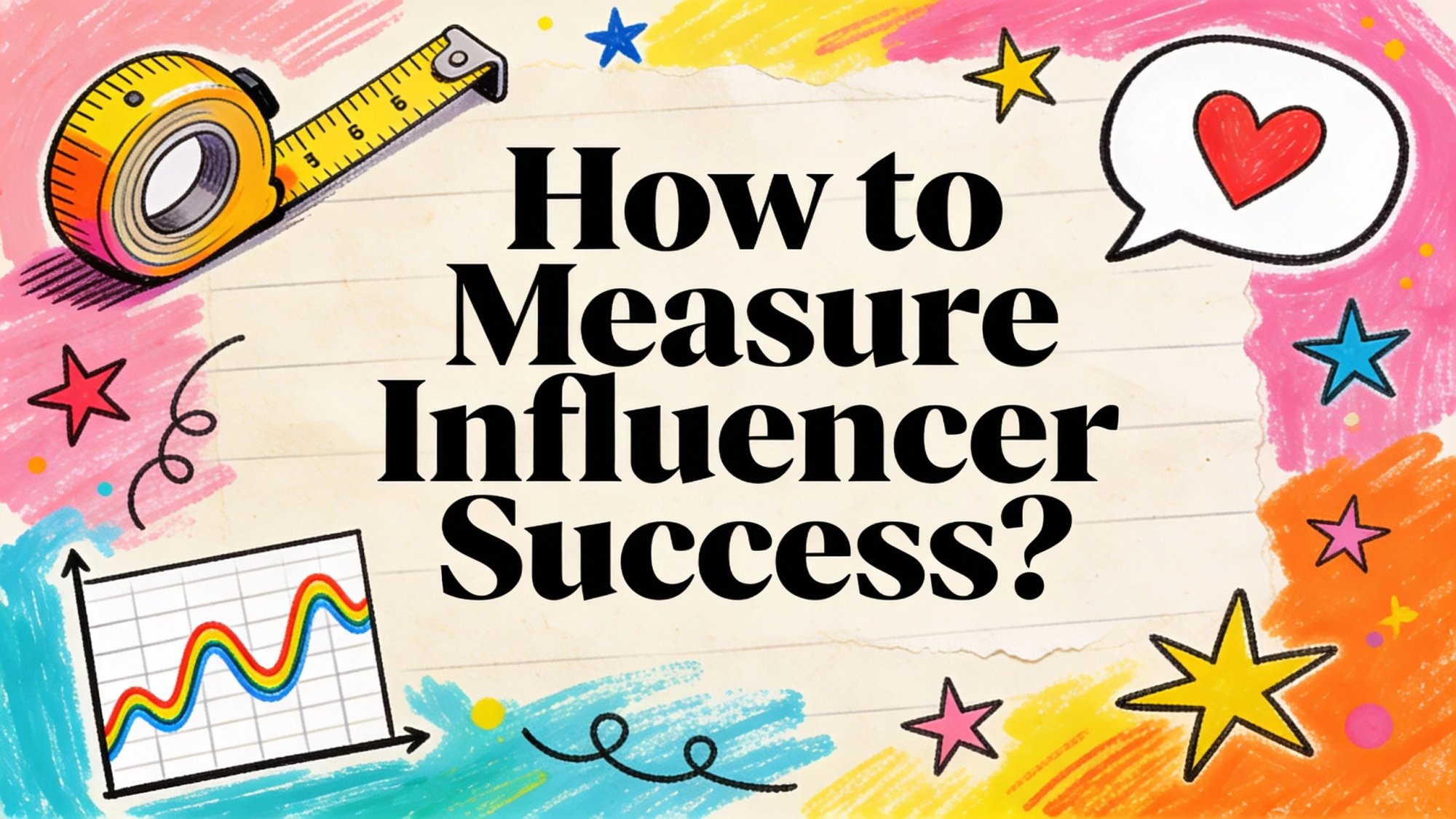Social media is a powerful tool today for businesses, brands, and influencers alike. However, with great power comes great responsibility. For brands, the online environment presents numerous opportunities to grow, but it also exposes them to potential reputational risks that can have long-term consequences. One of the most significant threats to a brand’s reputation is the behavior of influencers they work with, whether intentional or not. In this context, influencer tracking has emerged as a crucial tool in managing these risks.
Reputation management has always been a critical aspect of business strategy, but with the rise of influencers and their ability to reach millions of people instantaneously, the stakes are higher than ever.
This blog will explore how influencer tracking helps businesses mitigate reputational risks, manage crises, and build stronger relationships with their audience.
Understanding the Role of Influencers in Reputation Management
Before going deeper into how influencer tracking works, it’s essential to understand why influencers have such a significant impact on a brand’s reputation. Influencers have the ability to sway public opinion, both positively and negatively. Their credibility, authenticity, and reach make them powerful allies for brands, but also potential liabilities.
When a brand partners with an influencer, it is essentially lending part of its identity to that influencer. Their actions—whether through social media posts, videos, or other content—are directly associated with the brand. If an influencer behaves inappropriately or makes controversial statements, the brand may be seen as complicit or supportive of such actions, which can result in backlash, boycotts, or a decline in consumer trust.
As influencer marketing has grown, so has the need for businesses to track and monitor these relationships closely. Influencer tracking tools provide brands with a way to stay informed about the influencer’s actions, sentiments, and interactions with followers in real time. This allows businesses to react swiftly to mitigate any negative fallout.
The Importance of Real-Time Monitoring
Crisis management in the age of social media requires agility and swift decision-making. An influencer can quickly go viral, whether for a positive or negative reason. This means that brands need to have access to real-time data to respond immediately to potential issues.
Real-time influencer tracking provides several benefits for businesses facing reputational risks:
Early Detection of Negative Behavior
By monitoring influencer activity closely, brands can identify early warning signs of potential reputational damage. This could be anything from controversial comments to a sudden shift in their tone or messaging. The sooner a brand detects this behavior, the faster it can take action to address the issue.
Tracking Sentiment Shifts
Influencer tracking tools can also analyze the tone and sentiment of an influencer’s posts, allowing brands to monitor shifts in sentiment that might affect their relationship with the influencer. A sudden change in the influencer’s messaging or public persona can indicate a crisis in the making.
You can learn all about how to track sentiment through social media monitoring in this comprehensive guide.
Rapid Response
In the event of a crisis, businesses can leverage influencer tracking tools to gather the necessary data and make informed decisions. For instance, if an influencer is involved in a scandal, the brand can quickly assess the impact on their audience and determine whether they need to distance themselves from the influencer or issue a public statement.
How Influencer Tracking Helps Manage Reputational Risks
Influencer tracking tools help businesses manage reputational risks by offering actionable insights into the actions and content of influencers. Here are some of the ways influencer tracking contributes to effective risk management:
1. Tracking Influencer Behavior and Content
Influencer behavior can be unpredictable, but tracking it closely helps businesses maintain oversight. By monitoring influencers’ posts, comments, and interactions, brands can ensure that their partners remain aligned with their values and messaging. This includes:
- Content Alignment: Ensuring the influencer’s content matches the brand’s values and message is crucial for maintaining consistency and avoiding reputational damage. For example, an influencer promoting eco-friendly products might not align with a brand that has been linked to environmental violations. Tracking content can help avoid such mismatches.
- Brand-Unsafe Content: Influencers may sometimes post content that could be considered controversial or offensive. By tracking influencer activity, brands can spot potentially harmful content, such as offensive language, inappropriate images, or political statements that could alienate customers.
2. Monitor Audience Reactions
Another crucial aspect of influencer tracking is analyzing how their followers react to posts. Influencer marketing is built on the premise of influencing an audience, and negative sentiment from followers can quickly escalate into a public relations crisis.
Tracking audience reactions can help businesses:
- Gauge Public Sentiment: If an influencer posts something that causes an uproar among followers, influencer tracking tools can quickly analyze comments and mentions to assess public sentiment. If the majority of reactions are negative, the brand can take swift action.
- Identify Trends and Patterns: By analyzing follower engagement, brands can identify whether the negative sentiment is isolated or part of a larger trend. This insight allows businesses to determine the severity of the situation and whether they need to intervene.
3. Evaluating Influencer Partnerships
Not all influencers are the same, and some are more prone to causing reputational risks than others. Through influencer tracking, businesses can assess the overall value and potential risks associated with a particular influencer.
- Influencer Reputation: Tracking the overall reputation of influencers through their past behavior, controversies, or affiliations can help brands make informed decisions about whom they choose to collaborate with. An influencer with a history of problematic behavior might present a higher risk.
- Engagement and Authenticity: An influencer’s audience quality is just as important as their reach. Tracking engagement metrics helps brands understand if the influencer’s audience is genuine, active, and likely to resonate with their messaging. A large but disengaged audience is a risk, as it may not convert to real customers or could result in negative public backlash if the influencer’s values do not align with the brand.
4. Crisis Response and Mitigation
In the event that an influencer causes a reputational issue, influencer tracking tools can provide brands with the necessary data to manage the crisis. This includes:
- Assessing the Impact: Using real-time tracking data, brands can determine the severity of the crisis, measure the extent of damage to their reputation, and identify which parts of their audience have been affected.
- Strategic Communication: By understanding the tone and reach of influencer posts, businesses can craft more effective responses. For example, if an influencer makes a statement that goes viral, the brand can use influencer tracking to determine the best timing and messaging for a public response.
- Exit Strategy: If the partnership with an influencer becomes untenable due to reputational risks, influencer tracking allows businesses to evaluate the best way to sever ties with minimal damage. Whether it’s through a public statement or a quiet disengagement, tracking tools help guide businesses in making the right decisions.
Choosing the Right Influencer Tracking Tools
With numerous influencer tracking tools available, selecting the right one for your business is crucial. Key features to look for include:
- Real-time Analytics: The ability to track influencer activity in real time is essential for swift crisis response.
- Sentiment Analysis: Tools that offer sentiment analysis help assess how the audience is reacting to influencer posts.
- Audience Insights: Understanding the influencer’s audience is vital for managing potential risks effectively.
- Comprehensive Reporting: Look for tools that offer detailed, easy-to-understand reports on influencer performance, engagement, and behavior.
Shortimize is a comprehensive influencer tracking tool that can be used to manage your brand reputation effectively.
If you’re not sure how to choose, we have a full guide on how to choose the right influencer tracking tool for your business needs and goals.
Key Takeaways
In an era where social media can make or break a brand, managing reputational risks has never been more important. Influencer tracking provides businesses with the tools they need to monitor influencer behavior, understand audience reactions, and respond swiftly to potential crises. By proactively managing these relationships, brands can mitigate risks, safeguard their reputation, and continue to grow in a complex and ever-changing digital landscape. In 2025, those who embrace influencer tracking will be better equipped to navigate potential challenges and maintain the trust and loyalty of their audiences.


